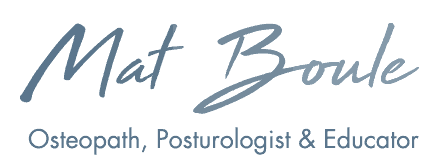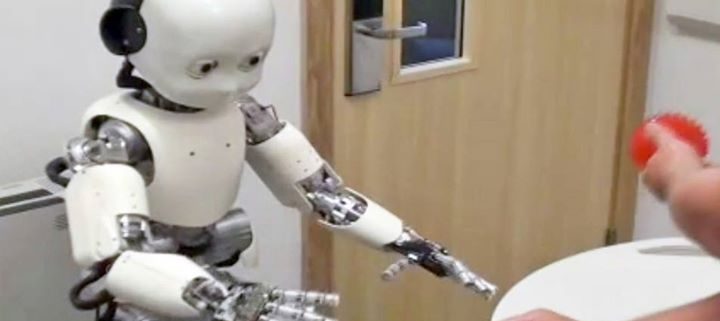Posture and learning: Could there be a link between posture and learning?
A recent study demonstrated that posture represents a critical aspect in the learning process in young children.
Precisely, this study demonstrates that the body has a role to play in how we learn to name objects. As well, we mention that the position of the body in space is linked with our capacity to connect ideas together.
If many studies suggest that memory is linked to localization of objects, there were no studies, until now, that demonstrated the importance of the body in space as it is linked to memory.
Here is a summary of the experimentation performed with a robot:
Part 1:
– We present to the robot an object situated to its left.
– We present to the robot an object situated to its right.
– We repeat this process many times to create an association between the posture of the robot and the objects.
Part 2:
– We now ask the robot to look to the right and to the left, but there is no object in sight.
– The command made upon the robot brought him to adopt the same posture as in part 1 of the experimentation.
Part 3:
– The same two objects are positioned where they were in part 1 of the experimentation but they are not named.
– We then present the two same objects that were previously shown but they are in different places and they are named. This brings the robot to pivot to an object that he can associate with a noun.
The robot indicated consistently a connection between the object and its noun for 20 repetitions in part 1 of the experimentation.
In subsequent tests, when the target and another object were placed in two areas designated during part 1 of the experimentation (recognition of objects was no more linked to a precise posture), the robot was not able to identify the object.
When this experimentation was repeated with children, the results were very similar. Once again, it was recognized that the position of the body was directly linked with cognition.
What remains to be seen is if, in the context where we can improve sensory-motor integration, as we do in Posturology, could we expect a higher level of cognitive gain?


Leave a Reply